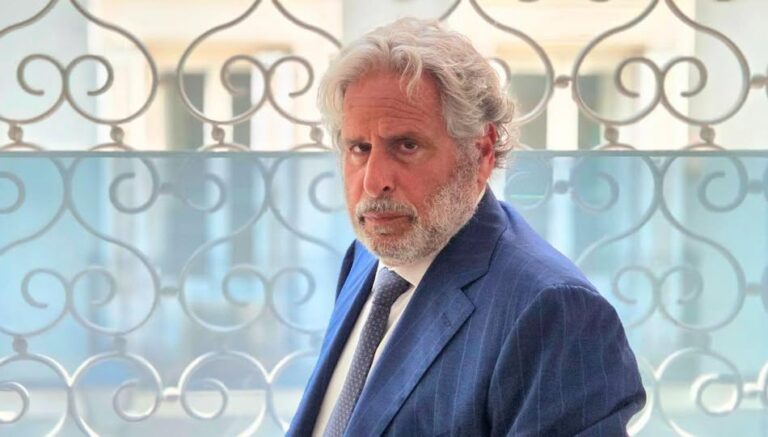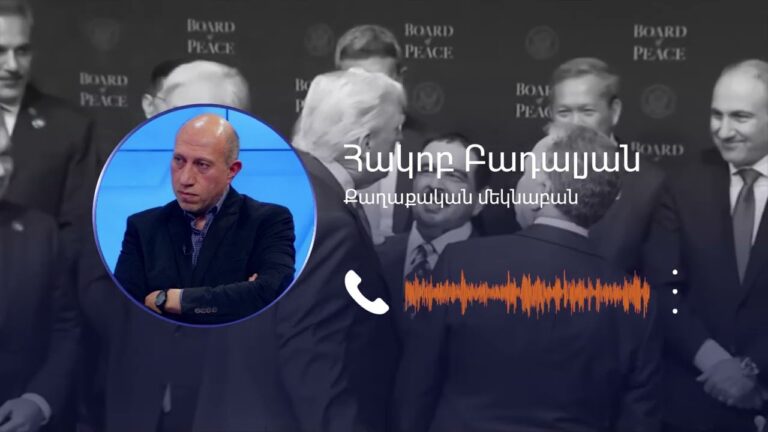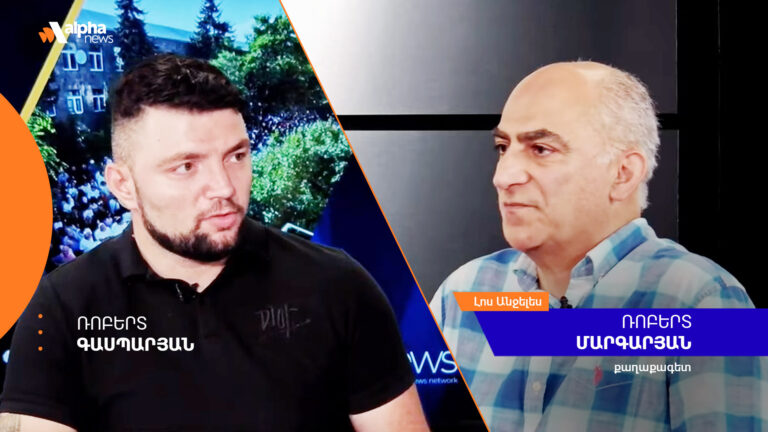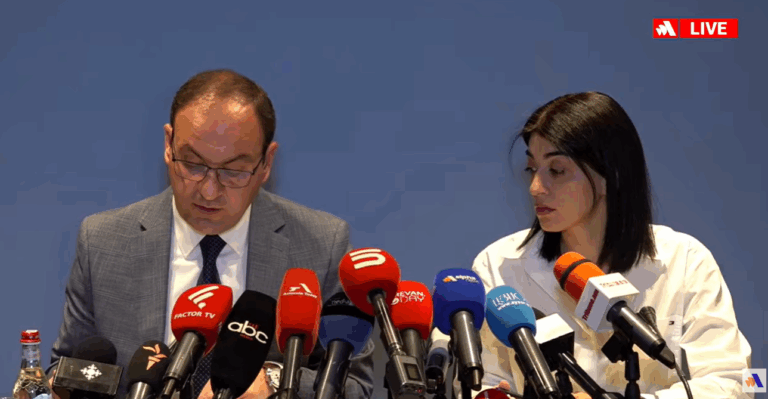Process of reducing Russian presence in Armenia will continue – Andrey Areshev
The issues related to reducing the Russian presence in Armenia are being resolved quite consistently, and this process is likely to continue, Russian political scientist and expert at the Strategic Culture Foundation Andrey Areshev told Alpha News, commenting on Prime Minister Nikol Pashinyan’s visit to Moscow and the withdrawal of border guards from the checkpoint on the border with Iran.
“We can assume that this issue did not appear out of nowhere, and one way or another it was worked out, agreed upon by the Russian and Armenian sides before being brought to the ‘highest level’, where it received a positive decision. I believe this step is quite expected following the withdrawal of Russian border guards from Zvartnots airport. I think such decisions will be made with consistency, in accordance with a certain schedule, which, as we assume, exists and reflects the largely changed geopolitical realities in the region. Security-related issues are now being resolved in a completely different way, and the pattern of the forces looks somewhat different,” the political scientist said.
According to him, the Russian platform is of course important, meetings in different formats are held annually, but there is a certain change or adjustment of priorities towards economic relations and interaction between various economic entities. And at the Moscow meeting, the attention of the parties was more focused on these issues.
“We see that the issues related to reducing the Russian presence in Armenia are being resolved quite consistently. I think this process will continue,” Areshev said, adding that Russia’s readiness to withdraw its border guards from the region is driven by the objectively changing situation in the region.
“We know what was going on and what is likely to happen in terms of rearrangement of various security systems. We know that Western partners, among others, are actively working with the Armenian side at different levels and in different directions. The Russian side sees this and evaluates it somehow. But, in general, it reacts quite calmly. Is such calm justified? To what extent will it justify itself in terms of maintaining bilateral relations, at least in the economic sphere? There is no definite answer to this question. I think there may be a variety of consequences, including for economic cooperation. I believe the Russian side is now spending a lot of efforts and resources on the Ukrainian direction, on coping with various challenges (we understand that the situation is not getting better), and in this regard, of course, priorities in the South Caucasus naturally focus and reorient towards economic cooperation,” the expert emphasized.







